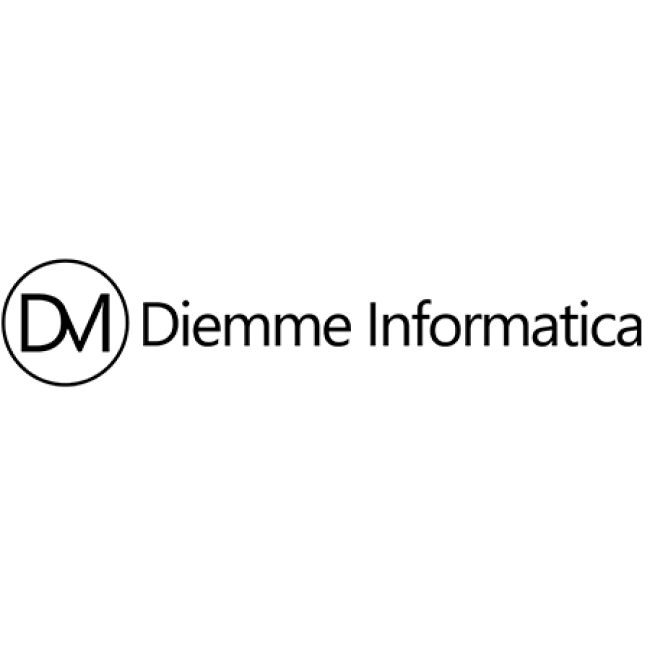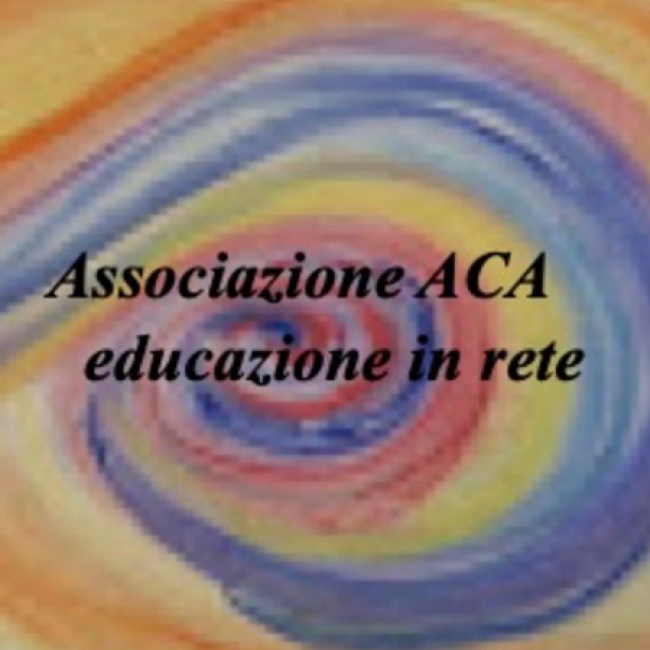Master's Degree in Blue Economy and Renewable Energy
The Master's Degree program in "Blue Economy and Renewable Energy" trains professionals capable of working in the so-called "Blue Economy" sector, i.e., the sustainable use of the resources offered by both the oceans and inland waters, focusing particularly on aspects concerning energy resources. Financial aspects are taken care of by paying special attention to the impact of "Blue Economy" activities on various aspects of society.
Modules and content
Upon completion of this Master's Degree course, the student will be able to apply his or her knowledge to carry out preliminary studies, designs and implementations of activities related to the "Blue Economy" with special attention to the aspects of energy resources, and will be able to evaluate both their performance and social impact and apply any corrective measures.
Successful completion of this degree program will result in 120 ECTS.
Occupational Outcomes.
The Master's Degree in Economics with a focus on "Blue Economy and Renewable Energy" offers several employment opportunities in the world of work. Below is an
example of some of the possible employment outlets:
- Blue Economy expert
- Expert in financial analysis of projects related to the Blue Economy
First Year
SECS-P/07 - Sustainable & Social Finance - 10 ECTS
SECS-P/01 - Macroeconomics of the Energy Sector - 8 ECTS
SECS-P/01 - Microeconomics of the Energy Sector - 8 ECTS
IUS/12 - Taxation in the Energy Sector - 6 ECTS
SECS-P/05 - Econometrics Applied to the Energy Sector - 6 ECTS
SECS-P/07 - International Economic Activities and Sustainability - 8 ECTS
SECS-P/01 - Blue Economy & Sustainability - 10 ECTS
Second Year
SECS-P/11 - Financial Risk Management - 8 ECTS
SECS-P/09 - Corporate Finance for the Energy Sector - 6 ECTS
SECS-P/01 - Behavioral Finance - 8 ECTS
SPS/07 - Social Policy - 6 ECTS
SECS-P/07 - Renewable energy and marine resources - 10 ECTS
SPS/08 - Sociology of Cultural and Communicative Processes - 8 ECTS
Final Examination - 18 ECTS












